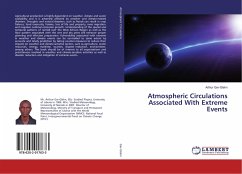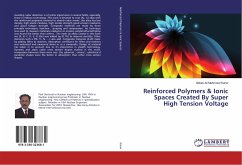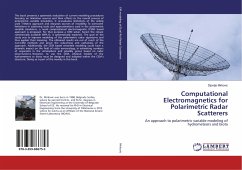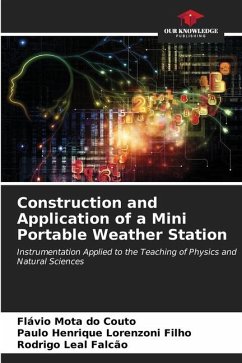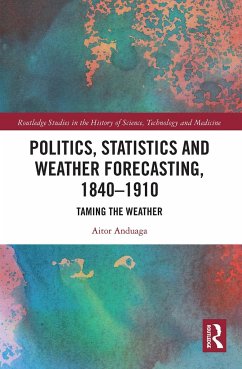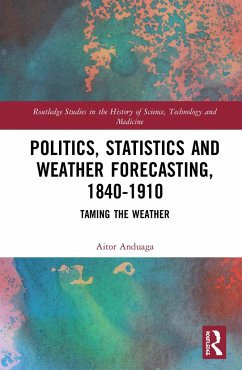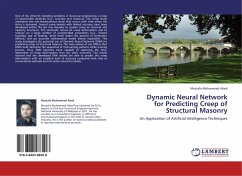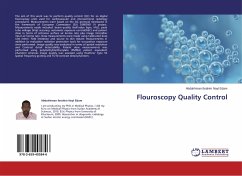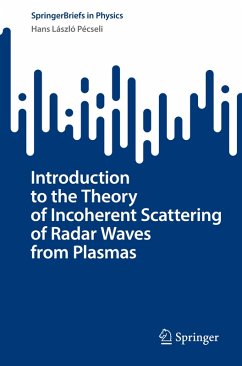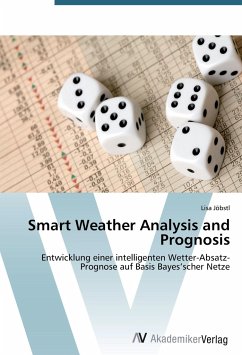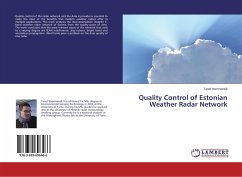
Quality Control of Estonian Weather Radar Network
Versandkostenfrei!
Versandfertig in 6-10 Tagen
27,99 €
inkl. MwSt.

PAYBACK Punkte
14 °P sammeln!
Quality control of the radar network and the data it provides is essential to make the most of the benefits that modern weather radars offer in multiple applications. This work analyses the dual polarization Doppler C-band weather radar network of Estonia from the quality point of view. The work concludes that the most relevant issues of the network that exist to a varying degree are RLAN interference, ship echoes, bright band and anomalous propagation. Wind farms pose a problem on the data quality of one radar.



